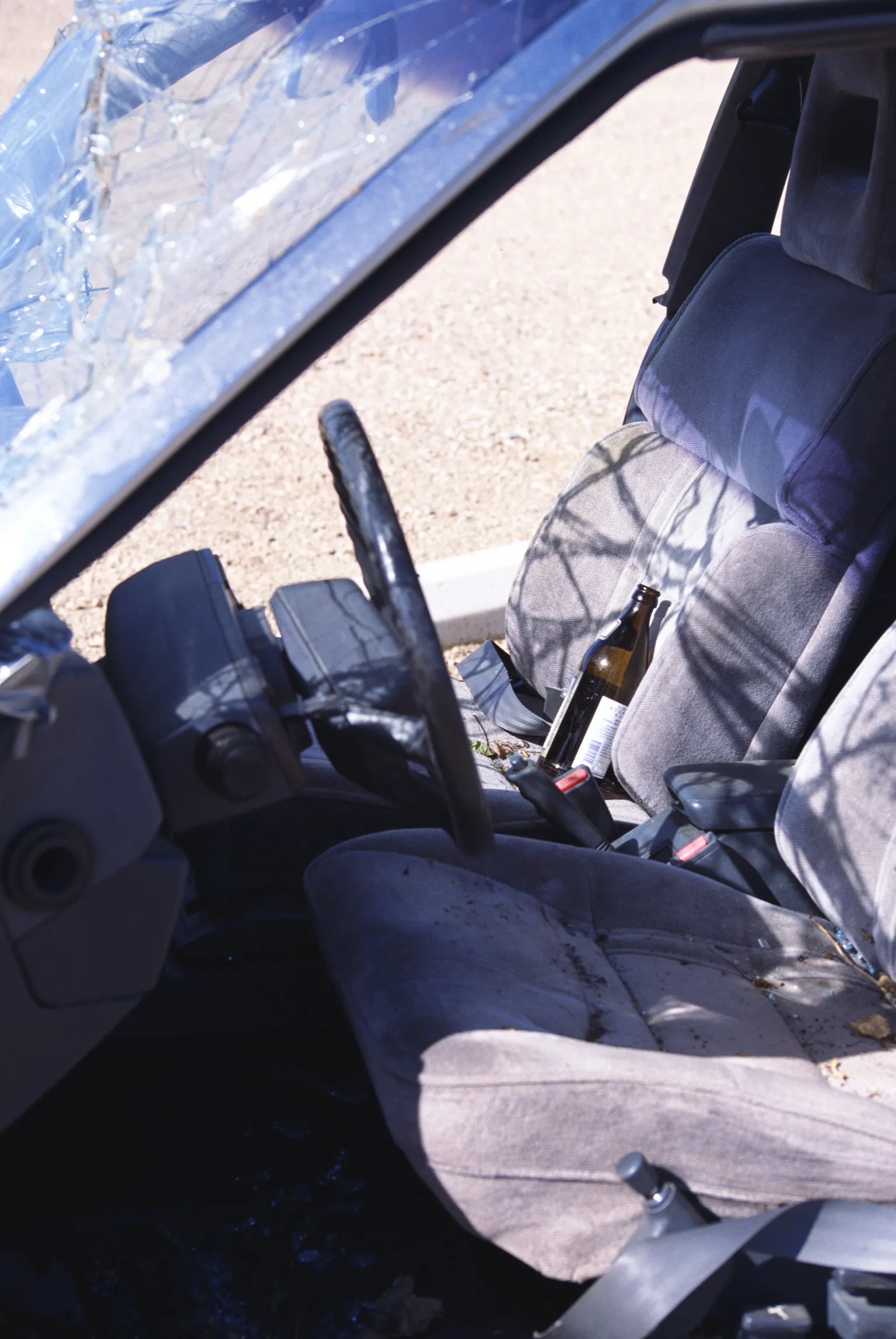For most people, the first concern after an arrest for driving under the influence, or DUI, is getting released from custody. The good news is that in the United States the right to bond is guaranteed by the U.S. Constitution. That right, however, is not without bounds nor does it ensure that you will be able to pay the bail amount set in your case. Because there are a number of factors that go into determining what a judge sets bail at in a particular case it is always best to confer with your Nebraska criminal defense attorney if you have questions about your specific case, or that of a loved one. A better understanding of the process by which bail is set and the factors that go into deciding what bail is set at may be useful if you find yourself in custody or if you have a loved one in custody.
The Eight Amendment to the U.S. Constitution is where your right to bail is found, stating in pertinent part “Excessive bail shall not be required…” This means that in most cases, an accused has the right to be released on bail. The purpose of bail is to ensure that the defendant will return for court as directed by the court. The theory is that when a defendant has invested money into his or her release he/she will be more likely to return to court as directed.
In some cases a defendant is released on his own recognizance which basically just means the defendant promises to return for all future court appearances but is not required to post a bond. In all other cases a bond or bail (the two words are often used interchangeably, although they do have slightly different legal meanings) amount is set by the court and must be paid before the defendant is released.
Sometimes a bond amount is set prior to the defendant’s arraignment, or first court appearance, while in others it is set at the arraignment. In Nebraska, all counties are required to have a bail schedule in place for misdemeanor offenses “and such other offenses as the judges deem necessary.” When a bail schedule is used a defendant’s initial bail amount is determined by the schedule, all but eliminating judicial discretion. If the offense is not listed on the bail schedule a judge will consider factors such as the severity of the instant offense, the defendant’s criminal history, and whether the defendant has ever failed to appear for court before when determining what amount to set bail at for the current case.
Whether bail is set using a bail schedule or by a judge at an arraignment the initial amount can be changed. An experienced Nebraska DUI attorney may be able to request a bond review hearing at which time the attorney will present evidence and testimony intended to convince the judge to lower the current bail amount. Though no one wants to spend even a single extra night in jail, it is often better to hold off paying bail because your attorney may be able to substantially lower the bail amount, thereby saving you and your family money that can be used for your defense.
If you have been charged with driving under the influence in Nebraska, or you are the loved one of someone who has, and you have questions about bail or need to try and get bail reduced, contact the Petersen Law Office 24 hours a day at 402-513-2180 to discuss your case with an experienced DUI defense attorney.



